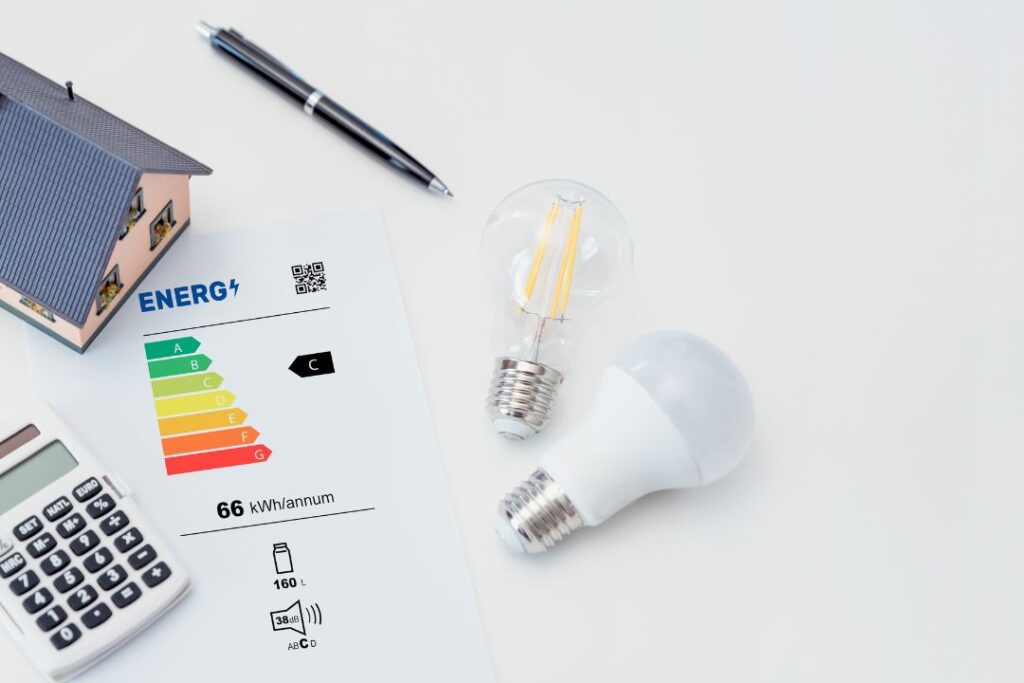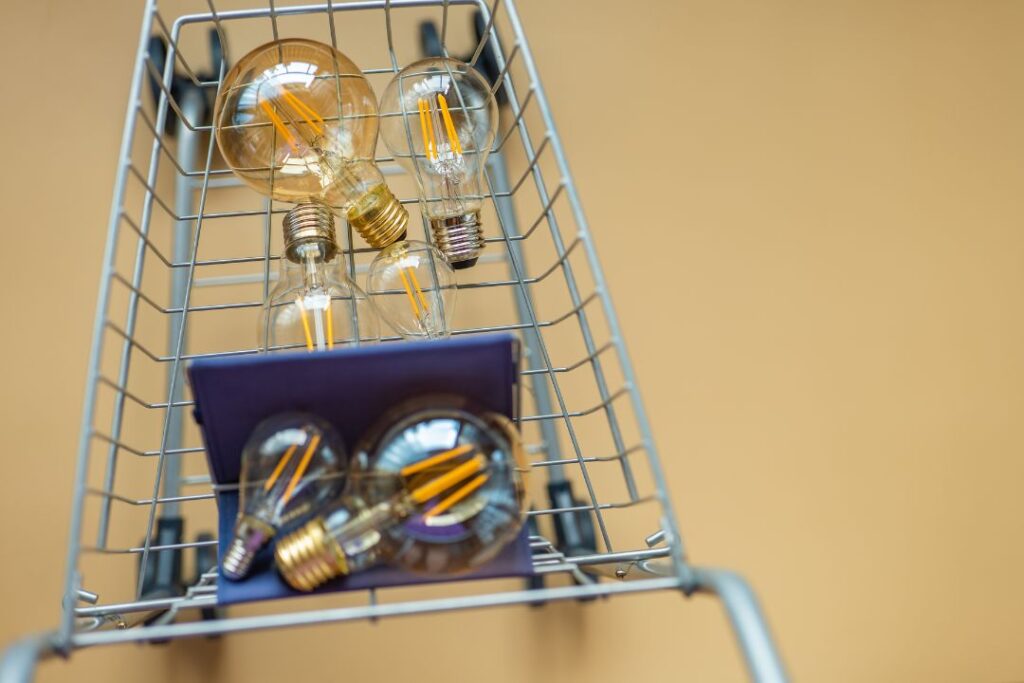How to Prioritise ROI with Energy Efficiency Upgrades
Still staring at your energy bills in disbelief? In awe that such a large proportion of your outgoings are being siphoned towards your energy provider? Dumbstruck when you compare last year’s bill to this?
You are not alone.
After the crippling effects the COVID-19 pandemic had on the hospitality and leisure industries, we have seen those who did survive faced the task of making up for lost revenue whilst being hamstrung by an increase in the cost of doing business.
And a major factor in that increase is the cost of energy.
At which point you may be asking: “How can I reduce my energy bills?”

What ROI can CHPs provide?
CHP engines have the potential to deliver strong ROI by reducing your hotel’s energy costs, increasing your overall energy efficiency and providing your businesses with energy resiliency.
The specific monetary savings will depend on the unique circumstances and objectives of your hotel. It is advisable to conduct a thorough site survey to assess and estimate the potential ROI for this energy efficiency upgrade – click here to find out more.
If set up accordingly, excess electricity can also be sent back into the National Grid. Supplying the grid with your surplus electricity can deliver an additional revenue stream, with a payment for every kWh produced. (subject to your energy provider)

How does a CHP reduce energy bills?
A CHP will combine your heat and electricity generation, simultaneously. Although likely to be provided by a single supplier, for most businesses heat (or gas) and electricity are received from two different billing sources.
Two sources mean two bills to pay for.
A CHP engine is fuelled by a single source – likely Natural gas or LPG but with the potential to run off low-Carbon emission fuels such as Biogas or Hydrogen – powering a generator to produce the electricity required for your hotel.
A by-product of this process is excess heat – but this is not wasted. Captured heat can be used to provide space heating, cooling and hot water for your guests, 24 hours a day.
The efficiency of a CHP unit ranges from 70% to 90% or even higher. This means that a significant proportion of the energy in the fuel is converted into useful electricity and heat, reducing energy waste and costs compared to separately sourced electricity and heating systems.

Can I afford a CHP?
The cost of a CHP unit is determined by the power requirements, the location, and the topography of your hotel.
Before breaking ground on any project, a site survey advisable in order to determine the best engine and installation plans
At Helec we lend our support to customers looking for a no upfront Capex option to install a CHP unit on your premises through entering into a funded scheme, or a Power Purchase Agreement (PPA) – Click here to find out more.
PPAs are contracts between energy buyers and sellers, allowing the purchase and sale of energy generated from a CHP unit. Commercial PPAs, specifically, involve businesses and energy generators and are generally low-cost long-term agreements spanning 5 – 10 years.
The primary benefit of a PPA is the potential for significant energy cost reduction. Energy providers typically offer energy at rates below market value, shielding organisations from future price hikes and grid instability. This reduction in energy costs maximises profits, freeing up budgets for investments and growth.
No matter what the requirements of a given hotel, there are significant returns on investment available when upgrading your energy efficiency by installing a CHP.
Helec have nearly two decades of experience working with CHPs across the leisure and hospitality sectors, saving customers £1,000s on their energy bills. From survey to installation, and the subsequent servicing of equipment, Helec are on hand to ensure that you can make the largest possible return on investment.
If you’d like to discuss how your hotel can upgrade its energy efficiency, get in touch today.
